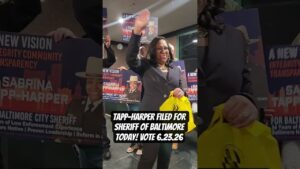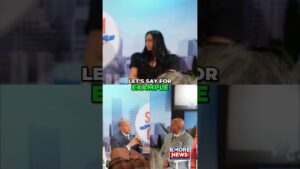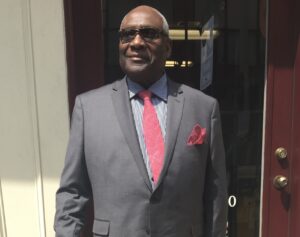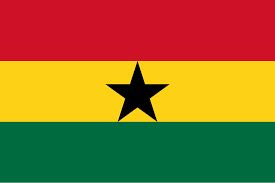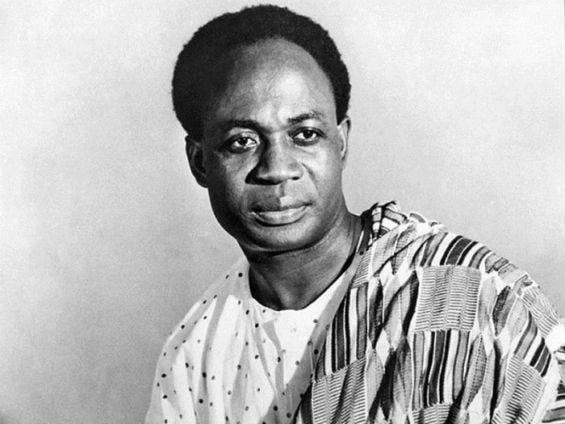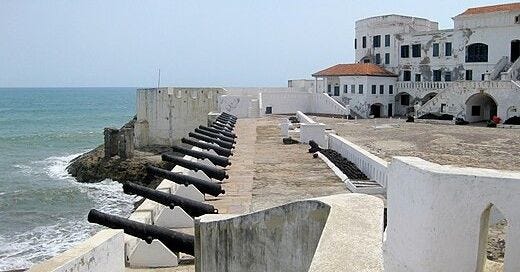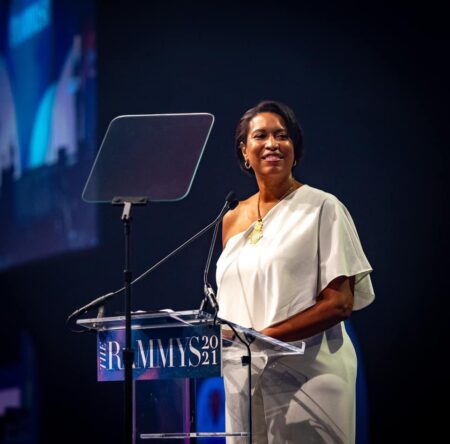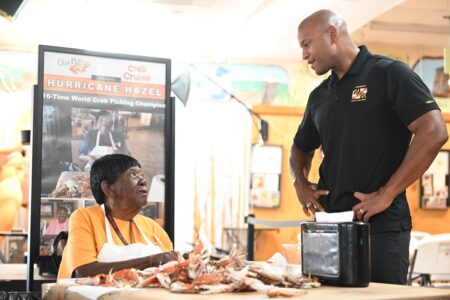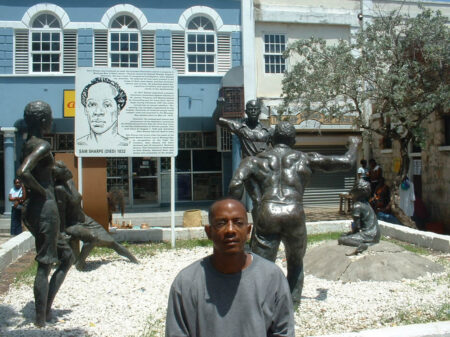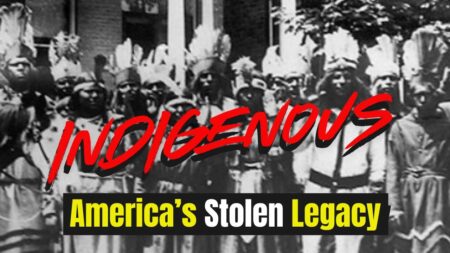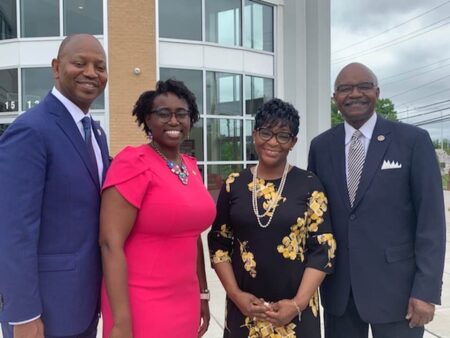Chicagoan Dina McReynolds Everage’s home is the West African nation of Ghana. Not only is Ghana her home, it is also her country.
(CHICAGO – December 17, 2024) – Can you go home even if you have never been? Even if you’re not sure where home is?
For Chicagoan Dina McReynolds Everage home is the West African nation of Ghana. Not only is Ghana her home, it is also her country.
In November, she received dual citizenship in a place with deep Pan-African roots. Blacks were invited to help build Ghana by Kwame Nkrumah, Ghana’s first president upon independence in 1957.
President Nkrumah attended Lincoln University, a historically Black college in Pennsylvania.
He asked Africans from the Diaspora to come home. He paid tribute to Marcus Garvey’s vision of “Africa for Africans at home and abroad” by naming Black Star Square in Accra, Ghana’s capital. Mr. Garvey tried to build the Black Star Line, a steamship that could return Africa’s scattered children to her shores. The U.S. government destroyed his movement, and he was deported. He never made it to Africa.
But W.E.B. DuBois, who opposed the Garvey movement, eventually came to live and died in Ghana in 1963. The influential thinker, researcher, writer, and fighter for Black people had been rejected by the NAACP, hounded by the U.S. government, and stripped of his American passport.
A DuBois Center in Accra pays homage to his life and Pan-African legacy.
Ghana’s independence came as the colonial era was officially ending. But the Motherland suffers under neo-colonial control, and we still fight today. Part of that fight is embracing Africa, working to help build the continent, strengthening her, and making African self-determination real. These commitments ring true with Dina but do not prepare her for reality on the ground.
Months before becoming a dual citizen, she visited Ghana with friends as part of a travel group. She connected with a traditional Ghanaian princess who had been acquainted with her mother for some time in the United States, and the journey began.
She asked Dina if she, her brother, and her mother would like to be Ghanaian citizens.
The citizenship process began, but it was more than a ceremony and a new passport.
It was a powerful affirmation of kinship Dina felt when she first arrived in the country.
During her first visit to Ghana in March, she went to the Cape Coast slave castles and felt the pull of the ancestors. She contemplated the strength of our people to survive.
She felt the emotion. She thought of the sweat, the blood, and the DNA of those who survived, allowing her to come back through the Door of No Return.
After a flurry of activity and a whirlwind schedule, she, her 75-year-old mother, and Grammy Award-winning brother, gospel artist Jonathan McReynolds, were visiting the slave dungeons and sharing a moving, tearful experience in November.
She also recalled a talk she had in March with a very successful African entrepreneur.
How are things in America? He asked.
He shared how he had not accepted an invitation to the United States to speak or receive awards.
“I don’t want to experience feeling like a second-class citizen for even 15 minutes of my life,” he said.
“It was almost impossible to frame into words what being back on the soil meant just for the first time in my life, feeling like a first-class citizen at every waking moment of my existence while I was there,” Dina explained.
Her decision to make the Ghana trip also happened the day after the Nov. 5 presidential election. She had a few days to arrange everything for herself, her baby brother, and her mom, who had wanted to visit Africa since she was 15.
Dina talked to friends about going to Africa, and some were “asking about lions, tigers, and bears. What do you see? And I’m like, wait a minute. It’s like royalty. It’s like richness. It’s a little dose of the best piece of America. And then there’s everything else you never knew you needed,” she said.
“When we went to that one slave dungeon, it was the male dungeon where they put the prisoners, the ones who were acting up,” Dina recalled. The space was tight, and the rebellious ones were forced to crouch down to get inside before the doors were lowered.
“When we get in there, and I was first told this story, they did that to break our spirits,” she realized.
“We in America, so many of us, our posture is off as a people because we have been broken. Then, to have a country that is just a stone’s throw away where we are reminded to walk upright. That we are the original, that we are the royal people, that we have God’s hand, and we have his heart.”
“For us in America, our beginning starts with slavery. We ain’t slaves. We had a long life of organized culture positioning that existed in such an amazing way long before we were ever snatched and kidnapped.”
A former public school principal and teacher, she is now an entrepreneur but has always been a thinker and a doer.
She wants to link Africans to America to get what they need to return home and build. She wants to link her Black American brothers and sisters to a transformative experience.
“They can come, stay, but come and just see so you can understand. Because we are told, and we know that we cannot progress without fully understanding where we come from.”
In 2019, Ghana initiated the Year of Return to encourage the children of Africa to come back. It was initially a commemoration of the 400th anniversary of enslaved Africans brought into Virginia in 1619.
Some goals were to promote Ghana as a tourist destination and an investment opportunity and encourage Blacks in the Diaspora to come back and resettle.
What was first-class citizenship and kinship like? “It’s hard to describe when we have not been that most of our lives. I could say it was never a place that I entered that I did not feel like I wasn’t supposed to be there.”
“It was never a moment that I felt uncomfortable in my skin and who I was because I always saw reflections of me, and I saw the reflections of some of my best parts,” she said.
You can go home again. You’ll know you’re home because you will be among family.
Naba’a Muhammad, award-winning Final Call editor, is the host of “Straight Words With Naba’a Richard Muhammad, Bj Murphy, and James G. Muhammad,” which airs live Tuesdays, 9 p.m. to 12 a.m. Central Time, on WVON AM 1690 Black Talk Radio Chicago and is livestreamed at the iHeart Radio app and WVON.com. Get more of his writing at straightwords.com.

